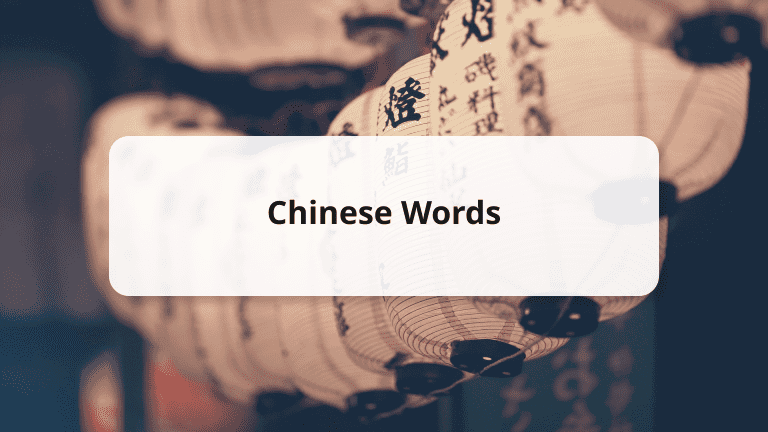Whether you’re traveling to China or looking to work there, it is essential that you learn the most used, and most basic Chinese Words. Chinese is one of the oldest living languages, and its beauty is found in its words.
The Chinese language is estimated to contain approximately 500, 000 words, but this is still way less that the number of words in the English language. It is also considered to be one of the hardest languages to learn, with its complex Chinese characters, tricky grammar rules, and four tones, each giving words a different meaning, it is easy to see why many people shy away from learning Chinese.
I do have some good news though, for you to understand about 50% of the Chinese language, you only need to learn 100 characters, used to make words! And in this article, we’ll give you some of the most essential Chinese expressions and words you’ll need to master Chinese.
Table of Content:
- Greetings
- Titles
- Core Chinese Pronouns
- Sayings for Goodbye
- Essential Chinese Question Words
- Basic Chinese Nouns
- Chinese Adjectives and Adverbs
- Prepositions
- 8 Conjunctions and Connectors
- Basic Chinese Phrases for Special Occasions
Without further ado let’s look at some of the most common phrases and words you’ll need to learn to make your travels in China a lot more enjoyable.
| Chinese | Pinyin | English | |
|---|---|---|---|
| 謝謝 | xiè xie | Thank you | |
| 請 | qǐng | Please | |
| 不好意思 | bù hǎo yì si | Excuse me | |
| 沒關係 | méi guān xì | No problem | |
| 對不起 | duì bù qǐ | I’m sorry | |
| 不客氣 | bù kè qì | You are welcome | |
| 我叫(Name), 你呢? | wǒ jiào (Name), nǐ ne? | My name is …. What about you? | |
| 怎麼稱呼? | zěn me chēng hū? | What is your name? | |
| 我不會說中文 | wǒ bù huì shuō zhōng wén | I don’t speak Chinese | |
| 你會說英語嗎? | nǐ huì shuō yīng yǔ ma? | Do you speak English? |
Learning how to say hello in Chinese, and being able to ask someone how are you in Chinese will really help you immerse yourself in the beautiful Chinese culture. If you feel up to it, you can even learn about Chinese numbers, but that’s for another day.
Below we have listed Chinese greetings, titles, pronouns, question words, and many more essential words that will help you learn and master Chinese a lot faster. To help with pronunciation we have also added audio files. Well let’s get to it then, shall we?
Greetings
Back to Top

Greetings are very important in any language, and Chinese is no different. Below are some greetings used in Chinese, they can be used to greet friends, family, and even co-workers.
你好 | nǐ hǎo | Hello
This word can be used to greet someone.
你好嗎? | nǐ hǎo ma? | How are you?
This phrase is used to ask how someone is doing.
我很好 | wǒ hěn hǎo | I’m fine
This is used as a reply to the question “how are you?”
很高興見到你 | hěn gāo xìng jiàn dào nǐ | Pleased to meet you
This phrase is used to express sincere pleasure in meeting someone new.
早上好 | zǎo shàng hǎo | Good morning
This greeting is used to wish someone a good morning.
晚上好 | wǎn shàng hǎo | Good evening
This greeting is used to wish someone a good evening.
Titles
Back to Top

To be more polite, you use someone’s last name and title in formal situations, in more informal situations you use someone’s first name and title. Either way, it is important to learn the titles in Chinese.
先生 | xiānshēng | Mr./Sir
This title is used to address a man, married or unmarried.
小姐 | xiǎojiě | Miss
This title is used to address an unmarried woman or young girl.
太太 | tàitai | Madame (outside of business situations only)
This title is equivalent to Mr. and is used to address married women.
老師 | lǎoshī | Teacher
This title is used to address a teacher.
醫生 | yīshēng | Doctor
This title is used to address a medical doctor or someone with a Ph.D. degree.
Core Chinese Pronouns
Back to Top
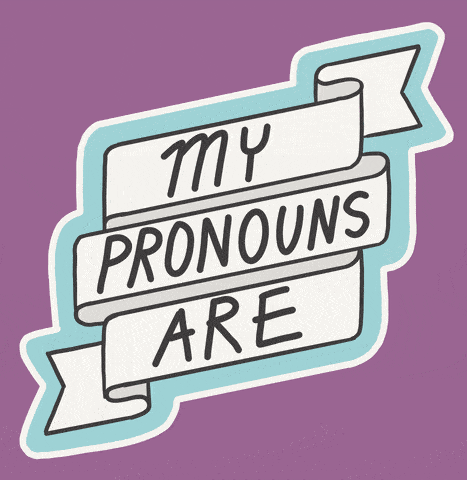
Much like Japanese and Korean, Chinese is known to sometimes omit pronouns in sentences, but it’s still important to learn them to add emphasis or make something clear.
我 | wǒ | I/Me
你 | nǐ | You
他 | tā | He/Him
她 | tā | She/Her
我們 | wǒmen | We/Us
他們 | tāmen | They/Them
它 | tā | It
Sayings for Goodbye
Back to Top
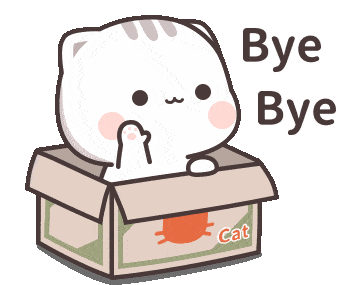
Saying goodbye to someone is just as important as greeting them, and saying hello. Below we have a list of common phrases used to say goodbye in Chinese.
再見 | zài jiàn | Good bye
晚安 | wǎn ān | Good night
回頭見 | huí tóu jiàn | See you later
慢走 | màn zǒu | Take care
祝您有個美好的一天! | zhù nín yǒu gè měi hǎo de yī tiān! | Have a nice day!
Essential Chinese Question Words
Back to Top
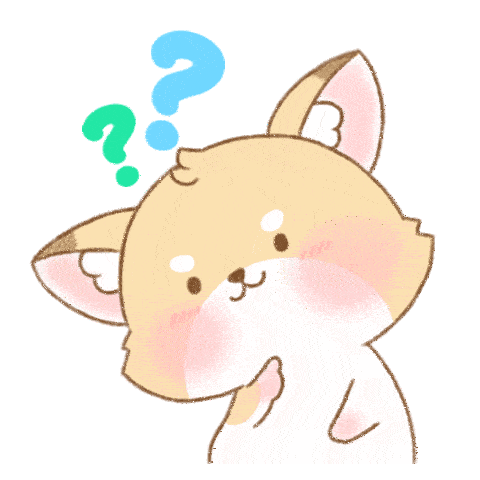
We all have many questions, and maybe even more so when traveling to a new country and trying to figure out how everything works. That’s why it is essential to learn these basic question words, to make asking questions in Chinese a bit easier for you.
什麼 | shénme | What
幾 | jǐ | How many
誰 | shéi | Who
什麼時候 | shénme shíhòu | When
哪裡 | nǎlǐ | Where
為什麼 | wèishéme | Why
怎麼 | zěnme | How
Basic Chinese Nouns
Back to Top
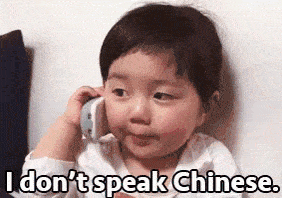
Nouns are an important part of any sentence, thus it is important to learn basic nouns in any new language you are learning. The words below are words that you’ll hear very often in sentences:
Places
城市 | Chéngshì | City
教會 | Jiàohuì | Church
醫院 | Yīyuàn | Hospital
警察局 | Jǐngchá jú | Police station
Chinese Dishes
點心 | diǎn xīn | Dim Sum
人參 | rén shēn | Ginseng
豆腐 | dòu fǔ | Tofu
Transportation
公車 | Gōngchē | Bus
火車 | Huǒchē | Train
機場 | Jī chǎng | Airport
票 | Piào | Ticket
Time
今天 | Jīntiān | Today
昨天 | Zuótiān | Yesterday
明天 | Míngtiān | Tomorrow
現在 | Xiànzài | Now
Chinese Adjectives and Adverbs
Back to Top
Adjectives and adverbs are always handy words to have in your vocabulary belt, as it improves your ability to describe and express certain thoughts and ideas in more detail. Let’s look at some basic Chinese adjectives and adverbs.
大 | dà | big
This word is used to describe something that is large in height, weight, size, or amount.
好 | hǎo | good
This word is used to describe something of satisfactory quantity, quality, or degree.
每 | měi | every
This word is used to refer individually to all the members of a complete group.
小 | xiǎo | small
This word is used to describe something as little, or not of large size.
新 | xīn | new
This is used to describe something that was recently made, grown, bought, invented, or found.
高 | gāo | tall
This word is used to describe something, or someone that is of great, or more than average height.
只 | zhǐ | only
This is used when something is limited to some people, activities, objects, or amounts. (for example; “This phone is only available in Japan”)
最 | zuì | most
This word is often used with an adjective or adverb and means to the greatest, or highest degree.
Prepositions
Back to Top
Prepositions are very important and are used in a wide variety of situations, in Chinese. Below we have a list of 4 core prepositions in Chinese.
上 | shàng | on/above
中 | zhōng | center
里 | lǐ | inside
下 | xià | under/below
8 Conjunctions and Connectors
Back to Top
Conjunctions and connectors are some of the most important words to learn in a new language to help you sound more fluent. The 8 words listed below are some of the core conjunctions and connectors used in Chinese.
和 | hé | and
就 | jiù | then
但(是) | dàn(shì) | but/however
或 | huò | or
因爲 | yīnwèi | because
所以 | suǒyǐ | so/therefore
如果 | rúguǒ | if
跟 | gēn | with
Basic Chinese Phrases for Special Occasions
Back to Top
Learning the proper phrases used to wish your friends and family a happy time on special occasions is also another important thing you’ll need to learn. Below we have some basic phrases used for special occasions in Chinese.
生日快樂 | shēng rì kuài lè | Happy Birthday
This phrase is used to wish someone a Happy Birthday.
恭喜 | gōng xǐ | Congratulations
This word is used to congratulate someone on an achievement.
新春快樂 | xīn chūn kuài lè | Happy Chinese New Year
This phrase is used to wish someone a Happy Chinese New Year.
聖誕節快樂 | shèngdàn jié kuài lè | Merry Christmas
This phrase is used to wish someone a Merry Christmas.
新年快樂 | xīnnián kuài lè | Happy New Year
This phrase is used to wish someone a happy New Year.
Do a Lot With a Few Chinese Words
After having gone through this list of over 70 Chinese words and phrases commonly used, you’re all set to go show off your Chinese vocabulary to friends and family, either in China or at home. This article was filled to the brim with useful, common Chinese phrases, but there’s still more to learn, so don’t stop now!
If you keep learning these phrases and add a few new ones as you go along, you’ll master Chinese in no time. If you feel ready to dive into some more difficult topics in Chinese or any other language, check out AmazingTalker.
